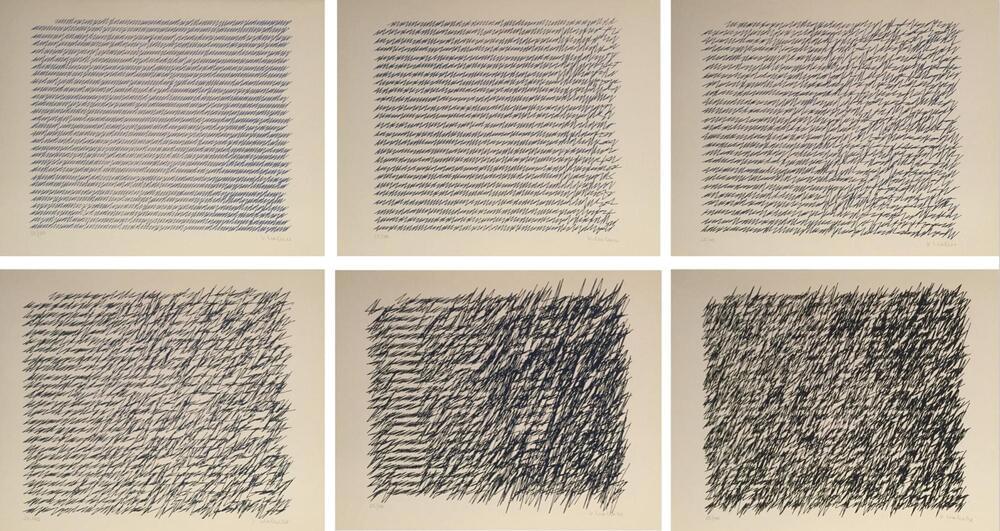What are good policy options for academic journals regarding the detection of AI generated content and publication decisions? As a group of associate editors of Dialectica note below, there are several issues involved, including the uncertain performance of AI detection tools and the risk that material checked by such tools is used for the further training of AIs. They’re interested in learning about what policies, if any, other journals have instituted in regard to these challenges and how they’re working, as well as other AI-related problems journals should have policies about. They write: As associate editors of a philosophy journal, we face the challenge of dealing with content that we suspect was generated by AI. Just like plagiarized content, AI generated content is submitted under false claim of authorship. Among the unique challenges posed by AI, the following two are pertinent for journal editors. First, there is the worry of feeding material to AI while attempting to minimize its impact. To the best of our knowledge, the only available method to check for AI generated content involves websites such as GPTZero. However, using such AI detectors differs from plagiarism software in running the risk of making copyrighted material available for the purposes of AI training, which eventually aids the development of a commercial product. We wonder whether using such software under these conditions is justifiable. Second, there is the worry of delegating decisions to an algorithm the workings of which are opaque. Unlike plagiarized texts, texts generated by AI routinely do not stand in an obvious relation of resemblance to an original. This renders it extremely difficult to verify whether an article or part of an article was AI generated; the basis for refusing to consider an article on such grounds is therefore shaky at best. We wonder whether it is problematic to refuse to publish an article solely because the likelihood of its being generated by AI passes a specific threshold (say, 90%) according to a specific website. We would be interested to learn about best practices adopted by other journals and about issues we may have neglected to consider. We especially appreciate the thoughts of fellow philosophers as well as members of other fields facing similar problems. — Aleks…
